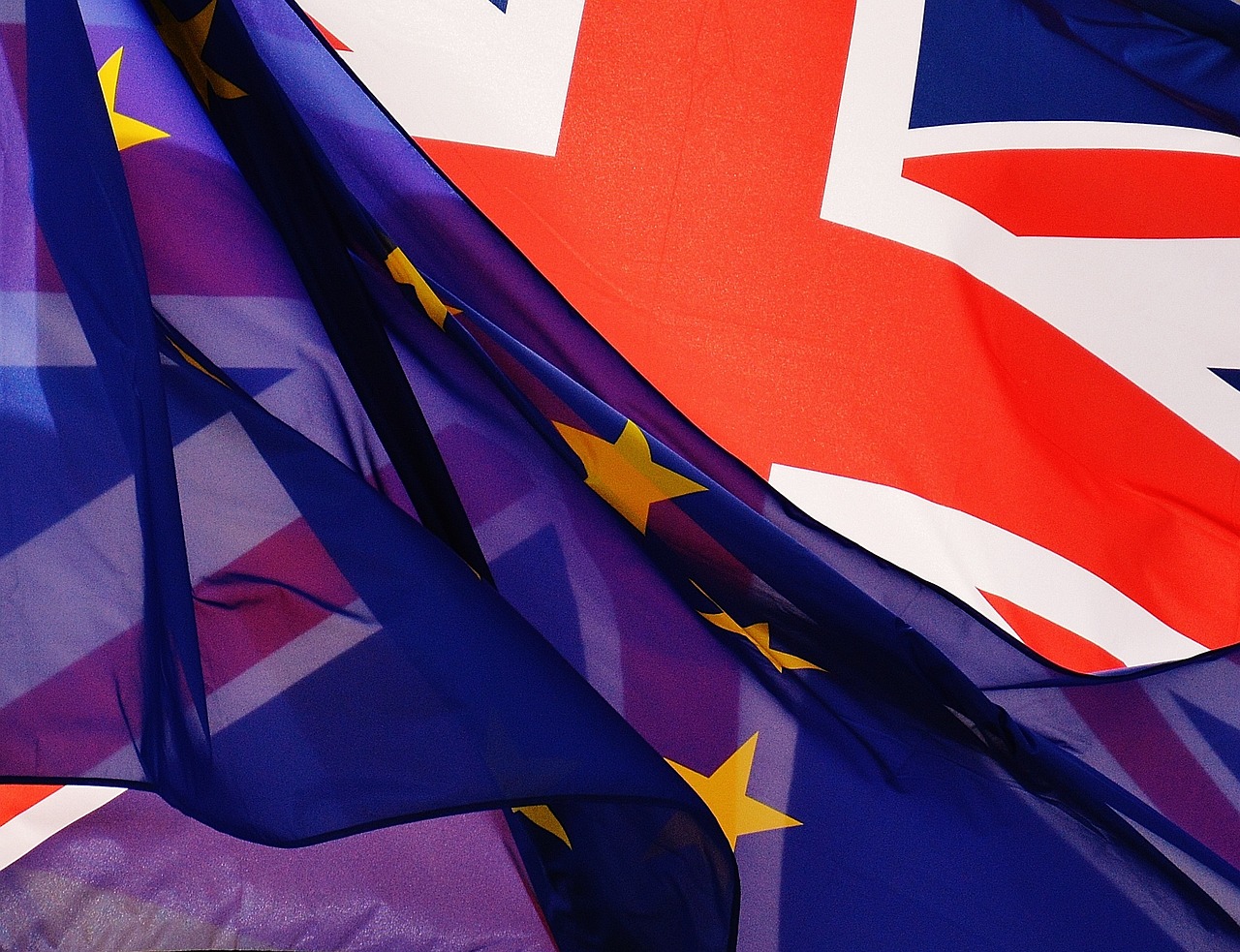BNY Mellon: The Week Ahead in the UK
BNY Mellon: The Week Ahead in the UK

By Simon Derrick, Chief Currency Strategist
- Indicative votes tomorrow aimed at finding consensus on a route forward for Brexit are likely to be the main focus of the week
- Uncertain whether a consensus in favor of any one approach will emerge, however
- Talk of a general election continues to surface
The Week Ahead
Tomorrow: Following another defeat for the government yesterday (329 to 302), MPs will take the power to control business in the Commons away from the government tomorrow in order to allow them to put forward business motions relating to Brexit - most likely indicative votes.
At present it is unknown what alternatives might be voted on or exactly the format for the voting or whether these will be free votes.
Different approaches to Brexit that might be voted on include:
- A “no deal” Brexit
- A Canada-style deal
- The PM’s deal
- The PM’s deal, plus a customs union
- The PM’s deal, plus a customs union, plus membership of the single market
- Revoking article 50
- Holding a second referendum.
It is uncertain whether a consensus will emerge in support of any one approach. It is also worth noting the comment from the chancellor over the weekend that there is unlikely to be a majority in the House in favor of a referendum.
Thursday: In the aftermath of the indicative votes there may be an attempt to hold a meaningful vote on the negotiated deal with the EU should no consensus have emerged on an alternative course of action.
Picking it Apart
A “no deal” Brexit remains the default option for the UK and will be the logical outcome of no consensus forming around any one course of action this week. However, with the only thing that Parliament has agreed upon being that it does not want a “no deal” Brexit, pressure will build for a course of action to be agreed upon.
With the UK PM Theresa May stating yesterday that there is currently insufficient support for the negotiated deal with the EU to pass a meaningful vote, this means that the focus is now on the votes that will take place tomorrow on alternative approaches to Brexit.
Speaking on Sunday the Brexit minister Stephen Barclay noted (when discussing what might happen should lawmakers back alternative proposals that run contrary to the pledges the government was elected on): “Ultimately at its logical conclusion, the risk of a general election increases because you potentially have a situation where parliament is instructing the executive to do something that is counter to what it was elected to do.”
It is also possible that in the face of no consensus on any course of action (other than a majority being against a “no deal” Brexit) then the only thing the House of Commons might be able to agree upon is to hold a General Election in order to break the logjam.
While the government would need 2/3rds of MPs to vote in favor of a general election, a vote of no confidence called by the opposition would need a simple majority to win and would likely lead to the same result (by a slightly more convoluted path).
Given that GBP has historically disliked electoral uncertainty this might not prove the recipe for sustained currency strength. This topic will be worth considering in rather greater depth should talk of a General Election begin to intensify.
